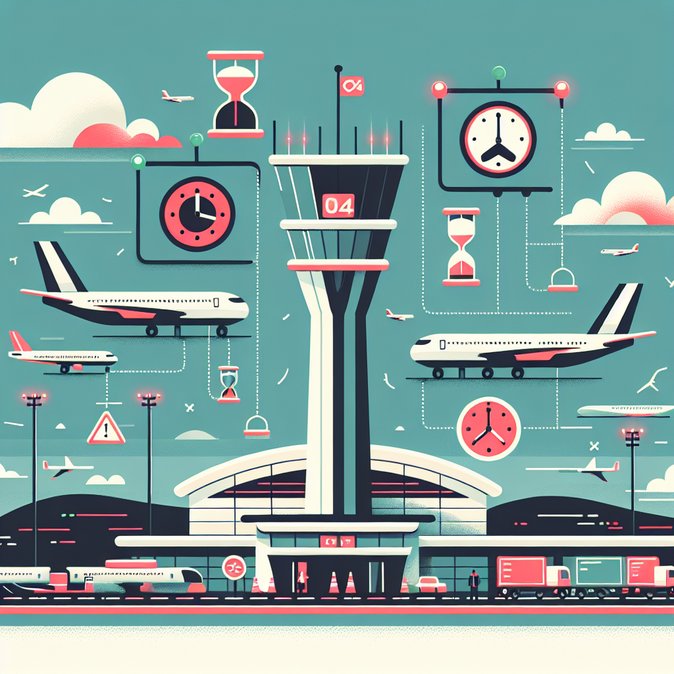
Business and leisure travellers passing through Helsinki-Vantaa on Sunday, 9 November, woke up to a wave of last-minute schedule changes. According to industry news portal Travel and Tour World, Finnair and four partner carriers (TAP, Lufthansa, Virgin Atlantic and Air France) pulled 22 departures and racked up almost 600 delays across Europe. Most of the disruption was concentrated in the morning peak at Helsinki, Lisbon and Frankfurt, before rippling outward to London Heathrow and Marseille later in the day.
Finnair blamed the chaos on a short-notice staffing shortage at a key ground-handling subcontractor. Baggage and turnaround teams called in sick at twice the normal rate, forcing the airline to slow boarding and de-icing processes just as a wet snow front hit southern Finland. Knock-on delays averaged 47 minutes, but a handful of long-haul departures left more than two hours late, jeopardising onward connections at key hubs such as Paris-CDG.
![Helsinki travel turmoil: 22 flights cancelled and 589 delayed as staffing crunch hits Finnair and partners]()
Under EU Regulation 261/2004, most affected passengers will be entitled to duty-of-care items such as meals and hotel rooms. Whether they receive additional cash compensation (up to €600) depends on whether Finnair can prove the staffing shortfall was an ‘extraordinary circumstance’. Aviation lawyers contacted by Travel and Tour World note that sickness waves rarely meet that threshold, meaning corporate travel managers should prepare claims on behalf of travellers.
The incident has renewed pressure on Finnish airports to diversify their ground-handling ecosystem. Helsinki’s operator Finavia has attracted a third service provider since January, but unions say aggressive cost cutting makes sudden absentee spikes inevitable during the busy winter charter season. Meanwhile, Finnair has set up a task-force to redraw its contingency roster and is urging companies with tight connection windows to allow at least a three-hour buffer when transiting HEL over the next fortnight.
For mobility professionals, the key takeaway is to build slack into itineraries and remind travellers of their EU 261 rights. HR departments should also brief expatriates returning for the Christmas holiday rush that further disruption cannot be ruled out if manpower shortages collide with Nordic winter weather.
Finnair blamed the chaos on a short-notice staffing shortage at a key ground-handling subcontractor. Baggage and turnaround teams called in sick at twice the normal rate, forcing the airline to slow boarding and de-icing processes just as a wet snow front hit southern Finland. Knock-on delays averaged 47 minutes, but a handful of long-haul departures left more than two hours late, jeopardising onward connections at key hubs such as Paris-CDG.

Under EU Regulation 261/2004, most affected passengers will be entitled to duty-of-care items such as meals and hotel rooms. Whether they receive additional cash compensation (up to €600) depends on whether Finnair can prove the staffing shortfall was an ‘extraordinary circumstance’. Aviation lawyers contacted by Travel and Tour World note that sickness waves rarely meet that threshold, meaning corporate travel managers should prepare claims on behalf of travellers.
The incident has renewed pressure on Finnish airports to diversify their ground-handling ecosystem. Helsinki’s operator Finavia has attracted a third service provider since January, but unions say aggressive cost cutting makes sudden absentee spikes inevitable during the busy winter charter season. Meanwhile, Finnair has set up a task-force to redraw its contingency roster and is urging companies with tight connection windows to allow at least a three-hour buffer when transiting HEL over the next fortnight.
For mobility professionals, the key takeaway is to build slack into itineraries and remind travellers of their EU 261 rights. HR departments should also brief expatriates returning for the Christmas holiday rush that further disruption cannot be ruled out if manpower shortages collide with Nordic winter weather.









